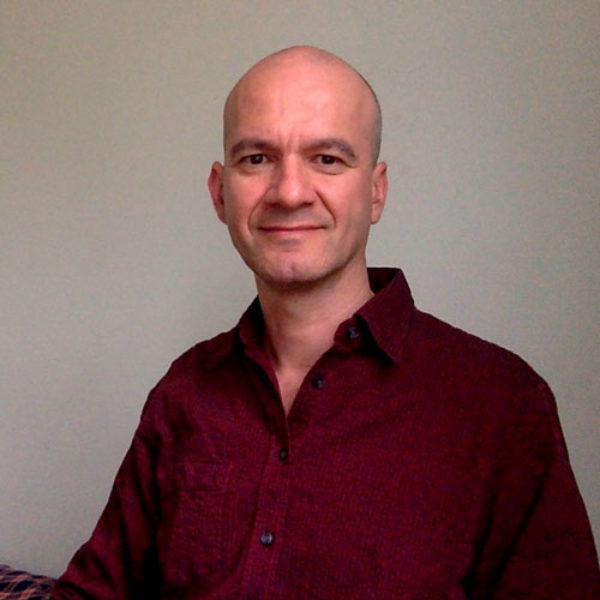What do you love? What’s your relationship to love? Do you love yourself? Do you love someone else? Do you love your job or your hobbies or your house or your friends or your community? Do you love the dharma or the truth or reality? What is Love? Beyond learning about what we love, what is Love itself?
Together we’ll see what we discover when we sense into the love that we are all seeking, wanting, admiring or experiencing. We will explore the manifestation of love as an essential element of Buddhist practice. We’ll look at our relationship to love and how it reveals itself though the most basic practice of mindfulness, and as a multi-faceted component of wakefulness. Let’s see if we can taste the various flavors of love, recognize when our love is veiled, and how our love of dharma expresses itself in everyday life.







Discussion